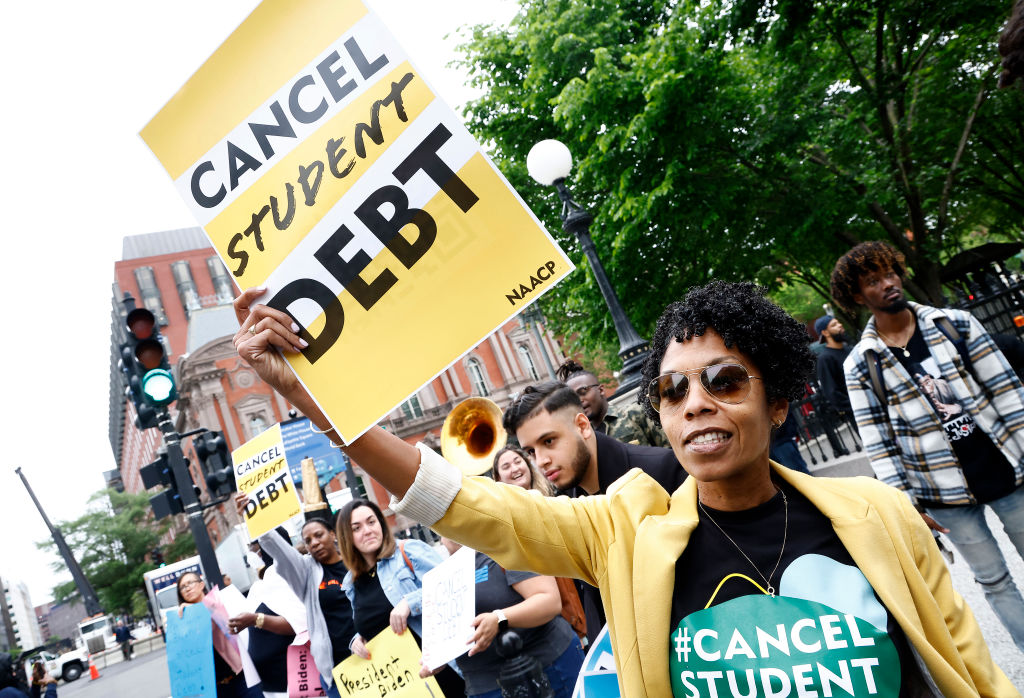5 Million Student Loan Borrowers Face Collections Starting May 5

Starting May 5, the U.S. Department of Education will resume collections on defaulted federal student loans, officially ending a four-year pause that began during the early days of the COVID-19 pandemic. The collections will restart through a partnership with the Treasury Offset Program, which allows the government to recover overdue payments by garnishing wages or withholding tax refunds and other federal benefits.
Text “RICKEY” to 71007 to join the Rickey Smiley Morning Show mobile club for exclusive news. (Terms and conditions).
The change is expected to impact nearly 4 million borrowers who are considered to be in late-stage delinquency—those who are between 91 and 180 days behind on their payments. This group falls within a broader population of more than 20 million borrowers who are either behind on their payments or in default.
A senior official from the Department of Education, speaking to Fox News, warned that the nation’s student loan program is reaching a critical point, describing it as “headed toward a fiscal cliff.” The official stressed that only 40% of borrowers are currently making their payments on time, which places increased pressure on the federal budget and ultimately on taxpayers. “Student loan debt must be paid back,” the official said, adding that continuing without collection would be financially unsustainable.
LIKE US ON FACEBOOK. FOLLOW US ON TWITTER AND INSTAGRAM. SUBSCRIBE TO OUR YOUTUBE.
The total amount of outstanding federal student loan debt in the U.S. has now reached $1.6 trillion, spread across nearly 43 million borrowers. With this growing debt load, the Department of Education is working to get ahead of future challenges by notifying borrowers and encouraging them to sign up for auto-debit payments to help avoid further delinquency.
CLICK HERE TO DOWNLOAD OUR APP AND TAKE US WITH YOU ANYWHERE!
The department is also pushing to reform the broader student loan system. Officials say they are working with lawmakers to introduce solutions that reduce the cost of higher education and make repayment more manageable. One potential piece of legislation on the table is the Employer Participation in Repayment Act, which would allow employers to contribute up to $5,250 tax-free toward their employees’ student loan payments.
Related Article: Biden Administration Changes Eligibility Requirements For Student Loan Debt Relief Plan
Related Article: Student Loan Payment Pause Set to End This Year
The restart of collections marks a major policy shift, especially as the nation continues to recover from the economic ripple effects of the pandemic. The Trump administration—under which the pause originally began in March 2020—is now prioritizing repayment enforcement and long-term reforms as part of its education agenda.
HEAD BACK TO THE RICKEYSMILEYMORNINGSHOW.COM HOMEPAGE




